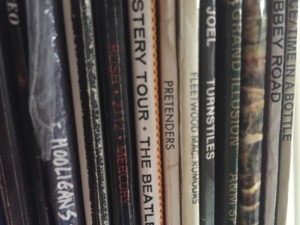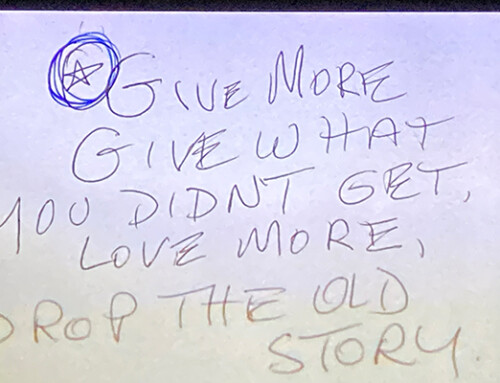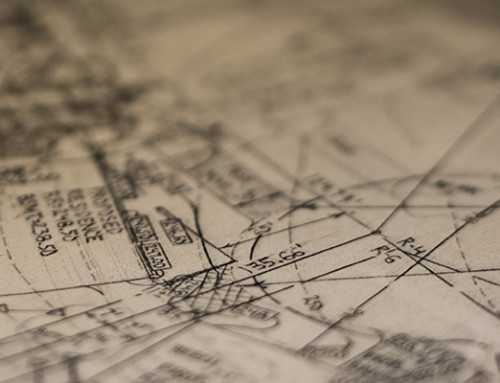
I’ve had some pretty shit jobs in my life— working at a metal scrap yard, scrubbing toilets, telemarketing. But I’ve also had some damn good ones.
Years ago, I had a gig as a music journalist where I’d review a current album, then go into a studio and read it. They’d take my voice and mix it with the music. I’d say something like, “The guitar solo on this song fused elements of jazz, reggae and rock into a mind bending melange of sonic pleasure.” Then I’d stop yapping and the guitar solo would play for a minute. They used these audio reviews in kiosks in record stores. When there were record stores.
After reviewing tons of current popular albums my boss came to me and asked me to make a list of a hundred back catalog albums that I was into. Back catalog albums are essentially older records that are still selling. The classics. Or anything that a record company thinks they can still make money from.
I went home, combed through my collection and came back with about three hundred titles. In a miracle of awesomeness, he agreed to let me review about 250 of my all time favorite albums. Holy shit! I’m talking about Billy Joel, Tom Petty, Carole King, Zep, Journey, The Who, The Beatles, The Stones. You get the idea.
For the next six months I hung around and listened to albums I had listened to a thousand times before. Except this time I was really paying attention. This time I was on the clock. F yeah!
I dug in deep with the lyrics, the song structures, the chord progressions, the energy, the vibe. It was such a joy to listen deeply and then to write about why these were such amazing songs and albums. Getting to turn people on to great music was a fantastic mission.
As I rocked through these old records I started to notice something I never noticed before. It was something I never really even heard before. Every once in awhile, there were some serious flaws in the performances. I’m not talking about an aesthetic choice I didn’t agree with. I’m talking about a vocal note that just wasn’t cutting it. Or a guitar chord that was clearly off rhythm. Or a drum fill where the sticks clicked together and screwed up the performance for a second.
I kind of couldn’t believe it. How could they have let all of these things slip by? How come I never noticed them before? And why are these considered some of the greatest songs ever recorded?
The answer to the first question is the partially due to the technology at the time. It’s super easy to fix anything now in a computer-based recording studio. Not true in the 60s, 70s and even to some extent in the 80s. So maybe it was just too hard to make it ‘right.’
Why didn’t I notice these so called flaws the million times I listened to these songs before? Because even though they weren’t perfect, it was real. As in, humans making music.
A common criticism of current music is that so much of it is so polished, auto-tuned, slick. It doesn’t sound like a person is actually involved. It’s true. I’m guilt of it too. I want my music to sound ‘perfect’ so I keep doing things to make it sound ‘better.’ But here’s the rub…
We are all perfect in our imperfections.
This is true in life and this is true in art. I’ll speak for myself when I say that I am blessed and plagued with an incredibly strong desire to do things perfectly that I care about. Every word of this blog post, every idea I teach my students. Every single note in a song, or pixel in a photograph. In ways, this helps push us past mediocrity. And that’s a good thing.
In another way it denies the humanity in our creativity and it slowly crushes our self esteem in our lives. Why? Because we aren’t perfect and we can never truly be. If we judge ourselves to this impossible standard, it will eventually f* with us, no matter how many triumphs, how many wins, how many seemingly perfect moments.
It’s hard not to see the flaws in our creativity and in ourselves, especially since we’ve been staring at them our whole lives.
I invite you to join me in a new perspective. Instead of seeing these things as flaws, consider them perfect reflections of our humanity.
Celebrate the imperfections, the dark spots, the shadows.
Sure, work on your stuff. Hitting that high note, grasping for the perfect word. Or finding the courage to apologize when you know you’re wrong, or admitting your mistake.
Just remember that these are parts of your evolution as an artist and a human. Then you (and the rest of the world) will see these pieces as beautiful. Just like your favorite classic rock song.
_____________________
What flaws make your creativity human?
What flaws make you human?





Leave A Comment